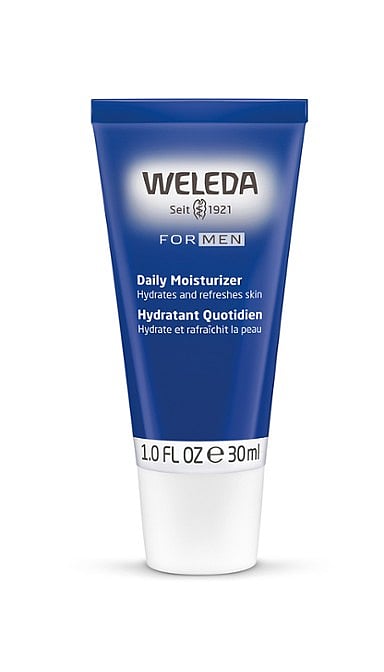The Ultimate Diet Guide
Expert tips and advice for achieving your health and fitness goals.
Hydration Station: Why Your Skin Craves Moisturizer
Unlock the secret to glowing skin! Discover why hydration is a must and how the right moisturizer can transform your complexion.
The Science Behind Skin Hydration: Why Moisturizer is Essential
Understanding the science behind skin hydration is crucial for maintaining healthy and vibrant skin. The outer layer of our skin, known as the stratum corneum, acts as a barrier to protect underlying layers while also regulating moisture levels. Proper hydration is essential as it prevents dryness, flakiness, and irritation. Moisturizer plays a key role in this process by trapping water in the skin and creating a protective seal. According to the National Center for Biotechnology Information, effective moisturizers contain ingredients such as humectants, emollients, and occlusives that synergistically work to restore and maintain the skin's hydration levels.
Moreover, the effects of inadequate hydration can be detrimental not just to our skin's appearance, but also to its health. When our skin lacks moisture, it can lead to a compromised skin barrier, making it more susceptible to harmful environmental factors and infections. As moisturizers replenish the skin's moisture, they also help to enhance elasticity and reduce the appearance of fine lines and wrinkles. For further insight on the benefits of moisturizers, please refer to the American Academy of Dermatology.

Top Natural Ingredients Your Skin Craves for Ultimate Hydration
When it comes to achieving ultimate hydration, your skin craves top natural ingredients that provide deep moisture and nourishment. One such ingredient is hyaluronic acid, a powerful humectant that can hold up to 1,000 times its weight in water. This makes it a must-have for maintaining skin elasticity and softness. Another exceptional ingredient is aloe vera, known for its soothing properties and ability to hydrate without leaving a greasy residue. For more information on the benefits of hyaluronic acid, check out this Healthline article.
Additionally, incorporating coconut oil into your skincare routine can work wonders. It's rich in fatty acids that help lock in moisture and provide a protective barrier for your skin. Shea butter is another fantastic option, celebrated for its deep moisturizing capabilities and vitamins that promote skin healing. To explore the hydrating properties of coconut oil, visit this Medical News Today feature.
Is Your Moisturizer Working? Signs Your Skin Needs More Hydration
Is your moisturizer really working? It can be challenging to determine if your skin is getting the hydration it needs. One common sign to look for is dryness. If you notice that your skin feels tight, looks flaky, or has rough patches even after applying moisturizer, it might be time to reassess your skincare routine. You may also experience increased sensitivity, which can manifest as redness or irritation. These symptoms could indicate that your current moisturizer isn't hydrating your skin effectively. For more insights on recognizing skin dryness, check out Elle's Guide to Dry Skin.
Another key indicator that your moisturizer may not be doing its job is the appearance of fine lines or wrinkles. If your skin lacks hydration, these signs of aging can become more pronounced. Additionally, if you find that your skin is still looking dull and lacks that healthy glow, consider switching to a more effective hydrating product. Ingredients like hyaluronic acid and glycerin can provide the moisture boost your skin craves. For tips on choosing the right moisturizer, visit Healthline's Moisturizer Recommendations.